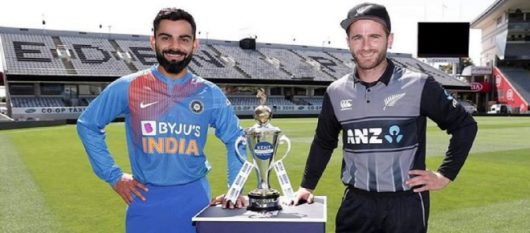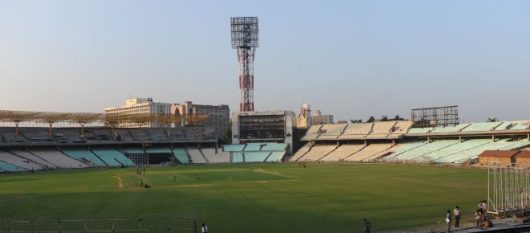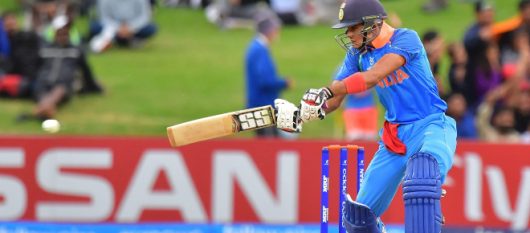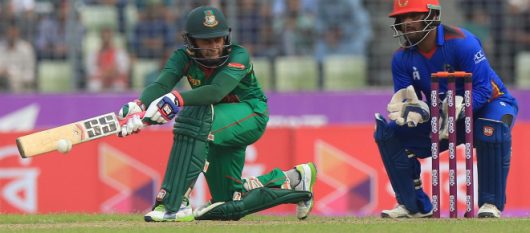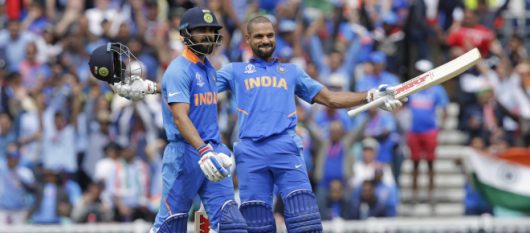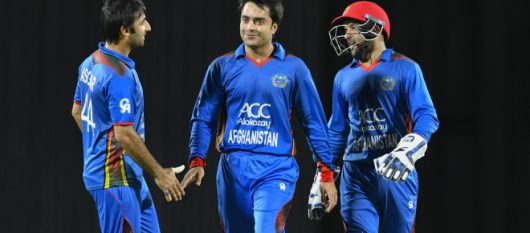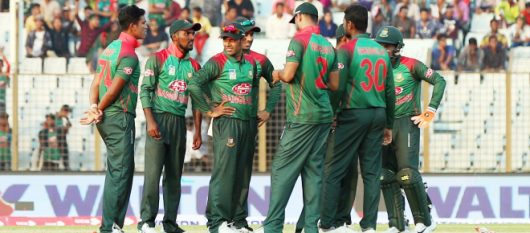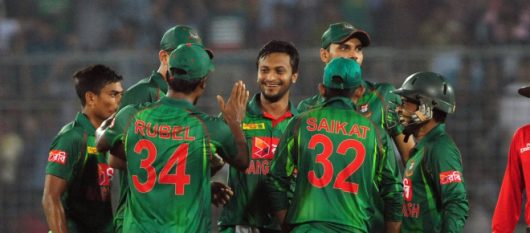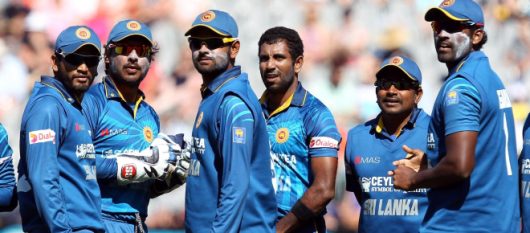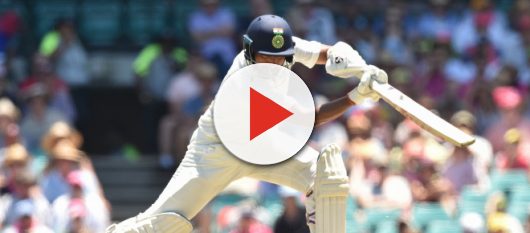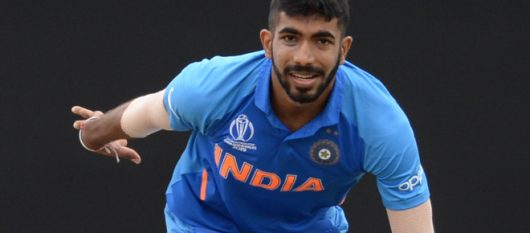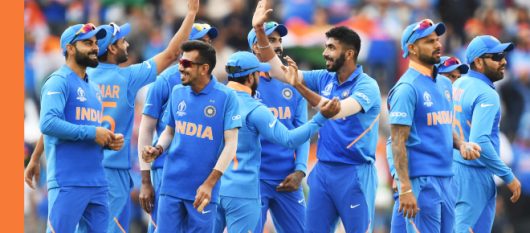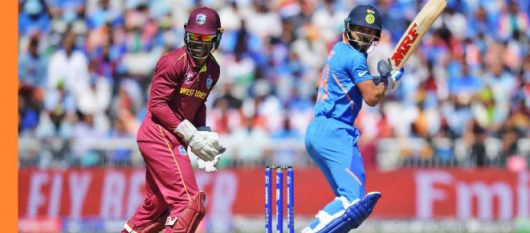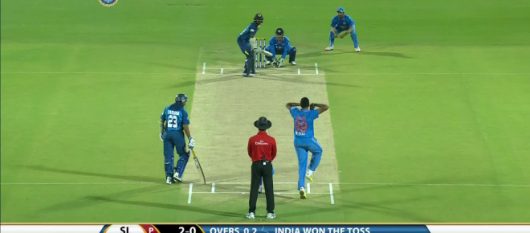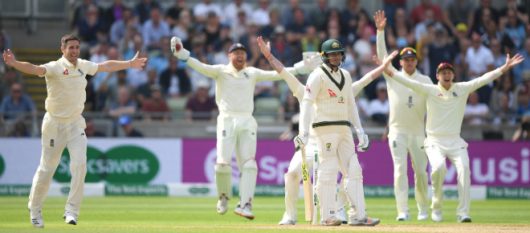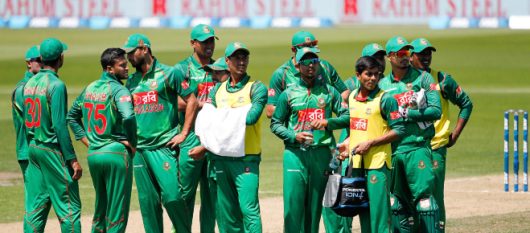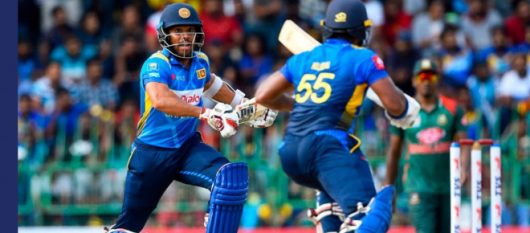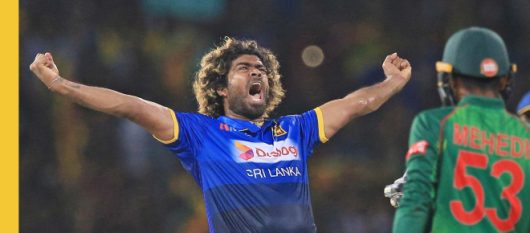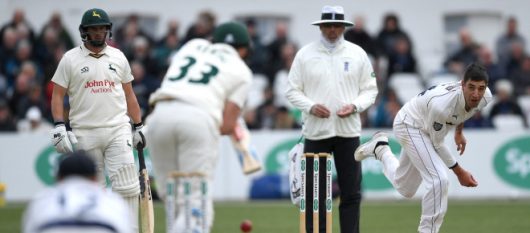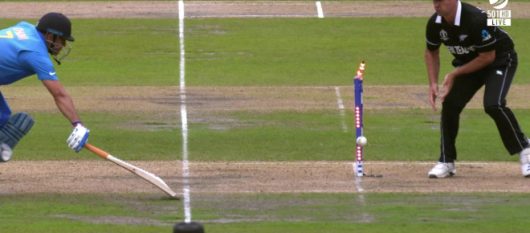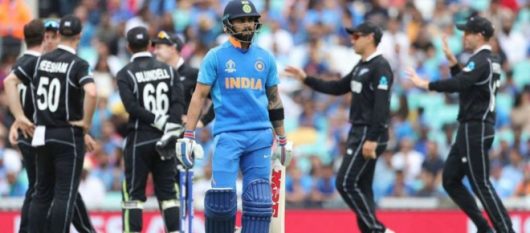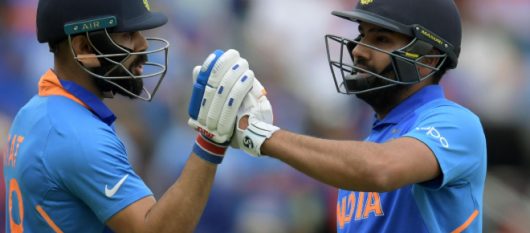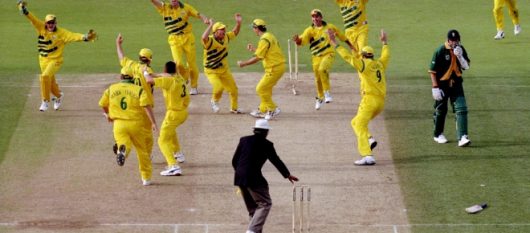
Cricket
Cricket is known as the gentleman’s game and is now played in 104 countries, with 11 Test playing nations.
People have been playing a form of cricket as far back as the thirteenth century although it is generally accepted that the modern form of the game dates back to the 16Th Century England.
In England, cricket is regarded as the national summer sport. It is also extremely popular in Asia, Australasia, West Indies and parts of southern Africa.
The game of cricket is played between two teams of 11 players on an oval field. In the middle of the field, there is a rectangular strip of ground called the pitch which is 22 yards (20.12 metres) long and 10 feet (3.04 metres) wide. At each end of the pitch lies a set of three vertical wooden stumps and a small horizontal wooden piece lying across them called the bail. Collectively, this is called the wicket.
Each team takes its turn to bat (called an innings, always plural) while the other team fields. The batting team will have a batsman at each set of wickets.
1.Five to six specialist batsmen in each side
The batting team will pick 5-6 specialists and they will continue to try to hit the ball into space so that the batsmen can run to the other end of the pitch to score a run. The batsmen can continue to run if the ball has not yet been returned to the wicket and so can score multiple runs.
When the ball is hit along the ground, and it hits the boundary fence, four runs will be scored. If the ball goes over the boundary fence without touching the ground, six runs are scored. The batting team will continue to bat until one of the following occurs: ten of their players are out, a specified number of balls are bowled, or the batting team has decided they have scored a big enough total.
2.How to play cricket
The fielding team will try to get the opposing batsmen out. The team will choose a set of bowlers to bowl the ball to the batsmen in sets of 6 balls called overs. The bowlers will try to hit the wicket with the ball, force the batsmen to hit the ball in the air for one of the fielders to catch, or to "trap" them leg before wicket (lbw) where the ball hits the batsman's leg in front of the wicket before it hits the bat. A batsman can also be run out by the ball hitting the stumps before they are able to run to the wicket at the end of the pitch.
Once an innings is completed, the teams will swap over. The team with the highest number of runs at the end of the match wins the game though longer matches may end in a draw when there has not been enough time to finish the match.
3.International Cricket Council oversees the matches
The rules of cricket are presided over by the International Cricket Council (ICC) and The Marylebone Cricket Club (MCC). The ICC has 104 members, 11 of which have Test status meaning that they are able to participate in Test matches, an international match between two teams with test status and which is considered the highest form of the game.
The 11 Test nations are Australia, Bangladesh, England, India, New Zealand, Pakistan, South Africa, Sri Lanka, West Indies, Zimbabwe, and Afghanistan.
The oldest Test rivalry dates back to 1882 between Australia and England and every two years the teams contest The Ashes series. The teams compete for a small urn, said to contain the ashes of burnt cricket stumps. Australian Don Bradman remains the most famous Ashes batsman and holds an overall Test average of 99.94.
Other forms of cricket exist in national and international competition. Test playing nations have their own national championships where each team has two innings, and there are also limited overs competitions, most notably in 50 over and 20 over formats.
4.The history of cricket
In 1971, the first 50 over Cricket World Cup was staged, and it is now played every four years, with the most recent event held in Australia and New Zealand in 2015. 2007 saw the first Twenty 20 World Cup being held following the success of the Indian Premier League (IPL), where the game's biggest stars are able to earn high salaries in this exciting shortened version of the game, designed to attract bigger audiences to watch cricket.
Cricket has seen a particular explosion of interest in India and Pakistan, where it has become the most popular sport. In 2013, Indian batsman Sachin Tendulkar retired after becoming the highest ever scorer in Test cricket. In all, he played 200 Test matches and scored 15,921 at an average of 53.78.
Who follows the Cricket channel?

